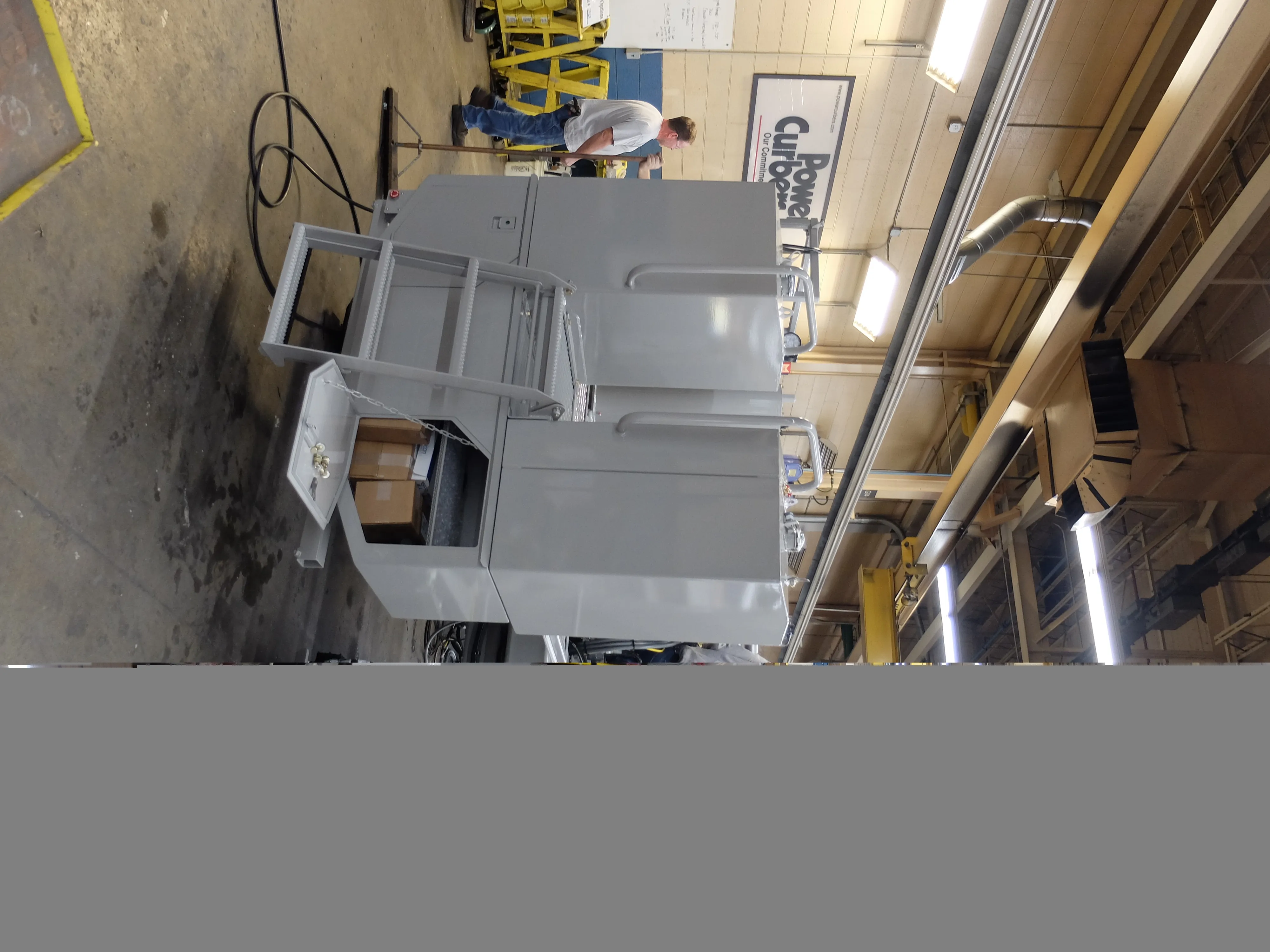New predictions suggest that 30%-50% of vehicles on Singapore’s roads by 2050 will be electric. The predictions come from research carried out by Nanyang Technological University (NTU). Singapore is planning on increasing the number of electric vehicles on its roads in a bid to cut urban pollution. The so-called electro-mobility road map has been revealed by the National Research Foundation and the National Climate Change Secretariat. Singapore suffers from pollution caused by vehicle emissions, so the long
June 7, 2016
Read time: 1 min
New predictions suggest that 30%-50% of vehicles on Singapore’s roads by 2050 will be electric. The predictions come from research carried out by Nanyang Technological University (NTU). Singapore is planning on increasing the number of electric vehicles on its roads in a bid to cut urban pollution. The so-called electro-mobility road map has been revealed by the National Research Foundation and the National Climate Change Secretariat. Singapore suffers from pollution caused by vehicle emissions, so the long term plan is to address the issue by increasing the number of electric vehicles in use. However at present, there are only around 120 electric vehicles in use in Singapore. The plan calls for taxis and buses to use battery power as the cost of the battery packs begin to reduce in coming years.









